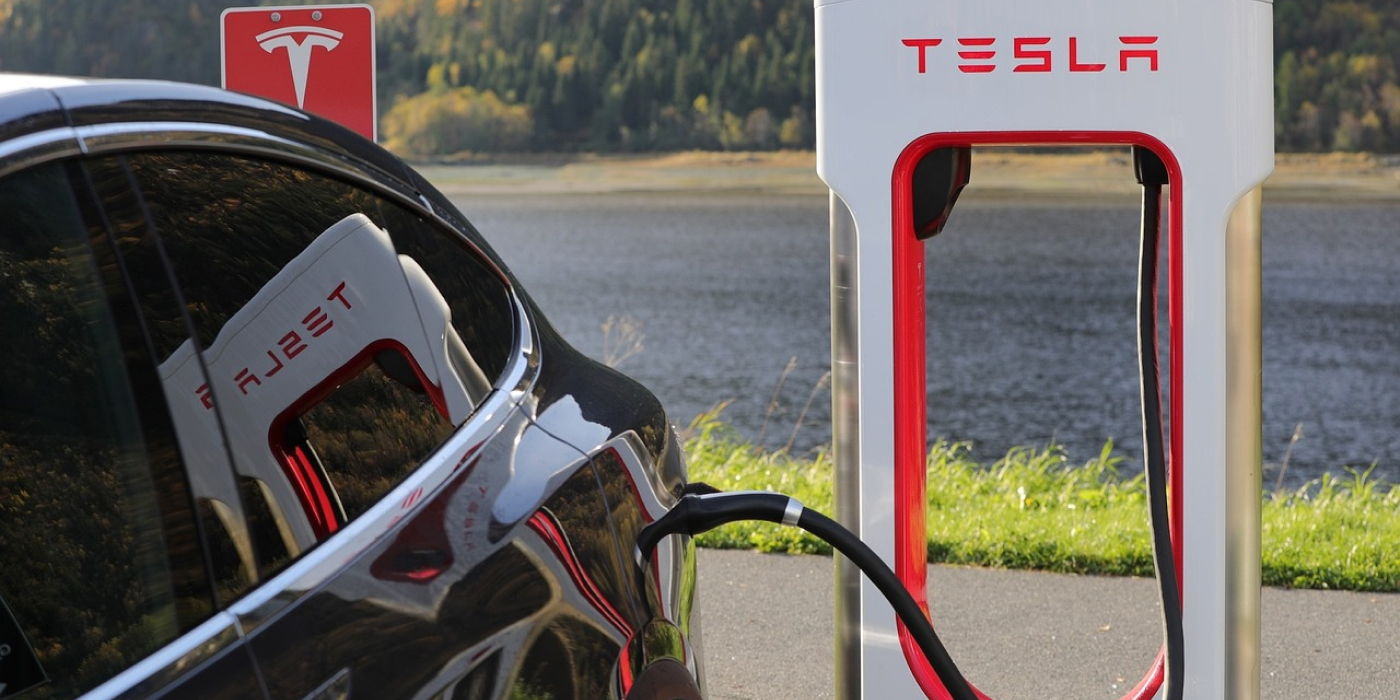Sustainability in Rental Fleet Management
As managers of large fleets of vehicles, rental companies have a significant role to play in promoting sustainability. For rental fleet managers, this means reevaluating traditional practices and embracing eco-friendly alternatives. As environmental concerns continue to mount, governments worldwide are imposing stricter emissions regulations, consumers are becoming more environmentally conscious, and businesses are recognizing the long-term cost efficiencies and brand benefits of sustainable practices.
As the car rental industry evolves, fleet managers are finding innovative ways to reduce their environmental footprint while still providing efficient and cost-effective services. Here’s a look at some practical strategies for improving sustainability in rental fleet management.
Embrace Electric Vehicles
One of the most impactful ways to promote sustainability in rental fleets is by incorporating electric and hybrid vehicles into the fleet. These vehicles produce fewer emissions and reduce dependence on fossil fuels. Integrating electric vehicles (EVs) into a rental fleet not only reduces carbon emissions but also meets the growing customer demand for eco-friendly transportation options. Incentives, rebates, and lower long-term maintenance costs make EVs an attractive choice for fleet managers.
Consumers are becoming more curious about testing out EVs, and these vehicles present business travelers with opportunities to support their own companies’ sustainability efforts, according to a report from Verra Mobility. Seventy-eight percent of Americans would consider renting an electric vehicle as a way to test drive the technology before buying. Renting an electric vehicle allows consumers to get more comfortable with the new technology and alleviate concerns about locating charging stations, maintenance, and cost.

Streamline Fleet Maintenance
Regular maintenance ensures that vehicles operate efficiently and with minimal environmental impact. Regular tune-ups and replacements of air filters, tire pressure adjustments, and timely oil changes with eco-friendly lubricants can significantly improve gas mileage and reduce emissions. Using environmentally friendly products and practices, such as low-impact degreasers and responsible waste disposal, minimizes the environmental impact of fleet upkeep.
Developing a comprehensive maintenance schedule that outlines when each vehicle in the rental fleet should undergo inspections and servicing allows fleet managers to stay ahead of any potential issues, reducing the risk of vehicle problems. Utilizing fleet management software or digital tools to track and manage maintenance schedules, work orders, and maintenance history helps fleet managers stay organized and ensure each vehicle is well-maintained.
Efficient Vehicle Selection
By evaluating fleet size and vehicle selection, fleet managers can optimize vehicle use, reduce emissions, and save money on fuel and maintenance. Regularly reviewing demand patterns can help managers maintain an optimal fleet size. Efficient vehicle selection involves matching vehicle sizes to customer needs. By offering a variety of vehicle sizes, rental fleets can better align with sustainability objectives and increase customer satisfaction. Analyzing usage patterns enables rental companies to identify and eliminate underused vehicles, contributing to both sustainability and profitability.
By implementing these strategies, you can make your automotive rental fleet more sustainable and reduce its environmental impact. This will not only help to protect the environment but also help to improve your business’s reputation and attract more environmentally-conscious customers who are looking for sustainable transportation options.
For more information about how our delivery management solution can help you track, monitor, and manage your rental fleet more efficiently, please contact info@bringoz.com.
